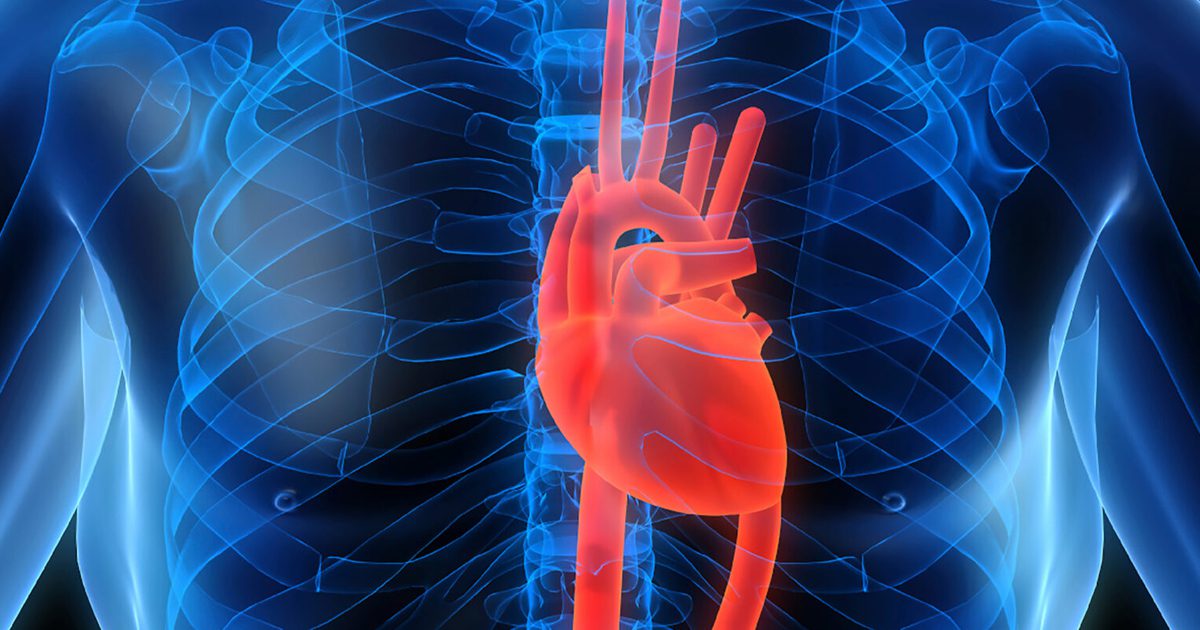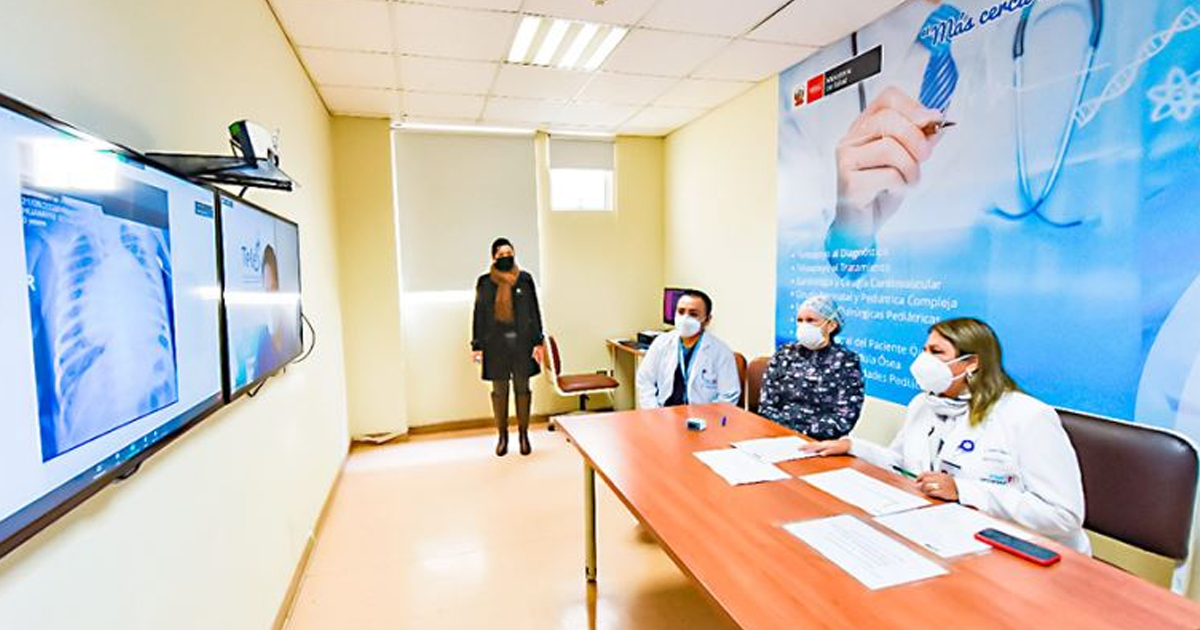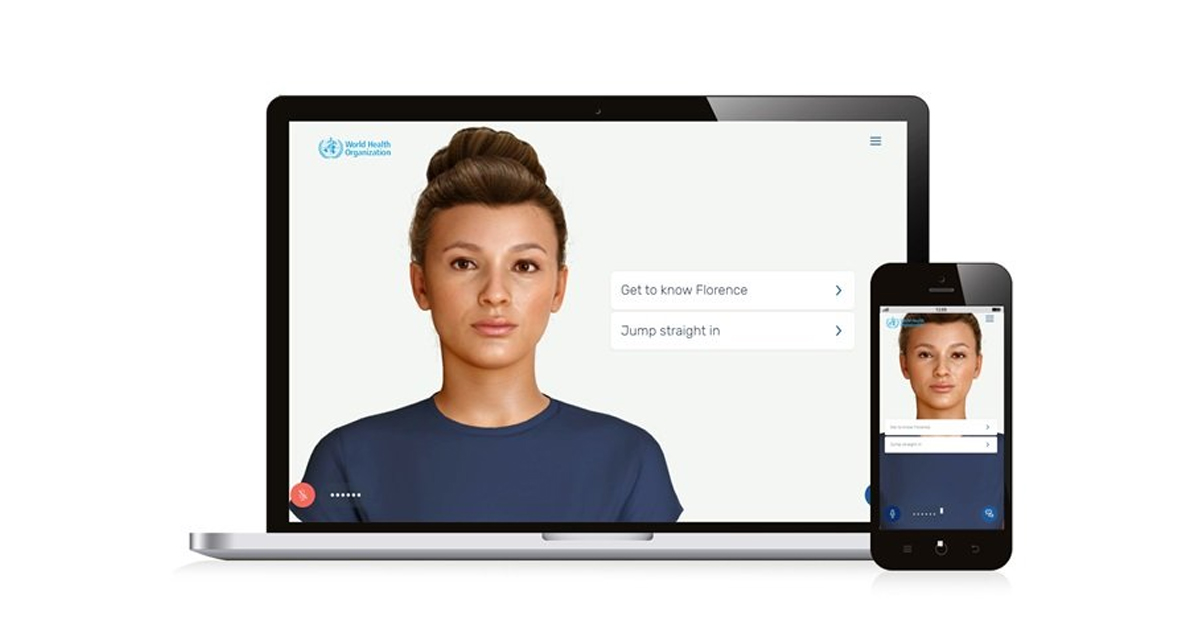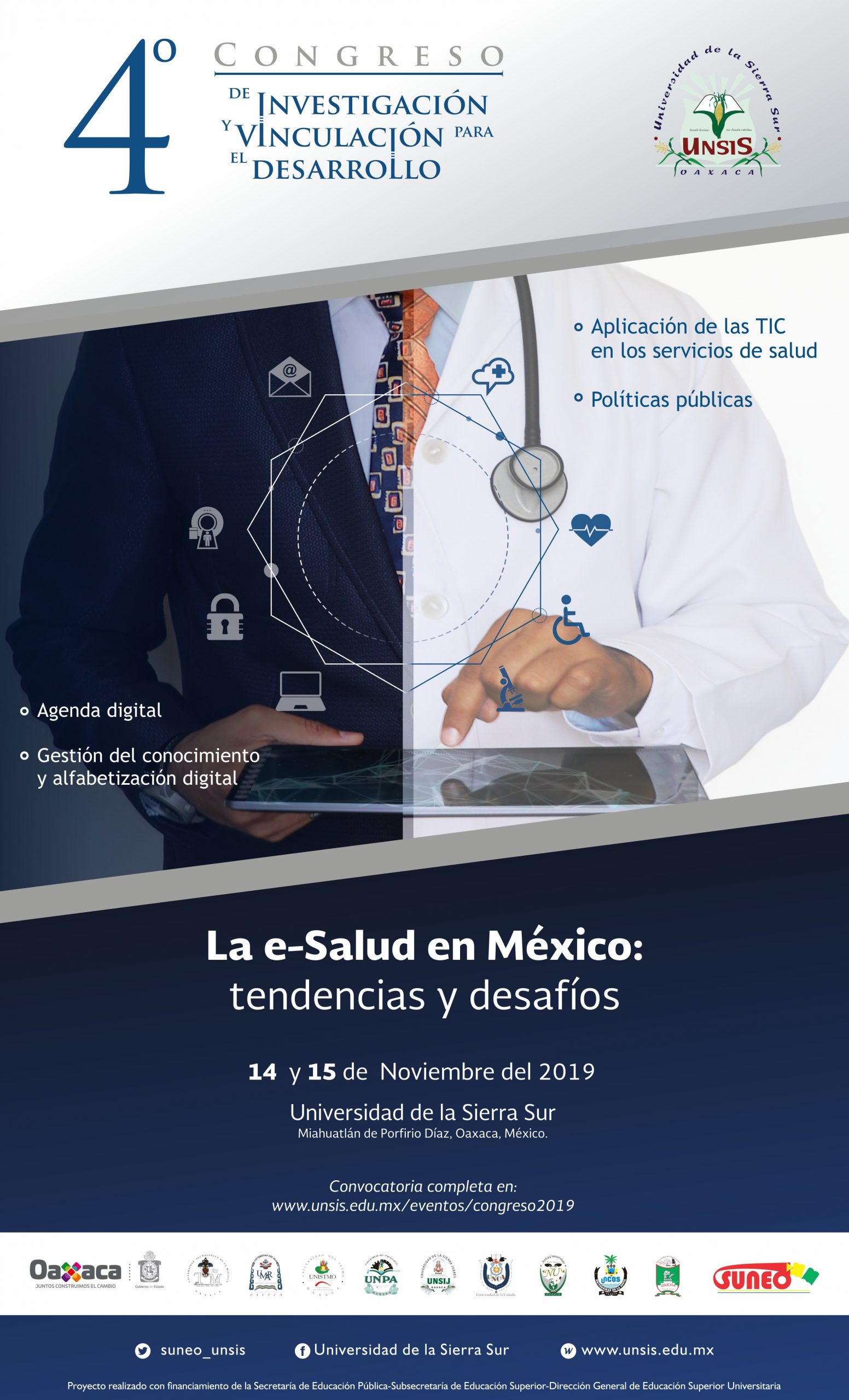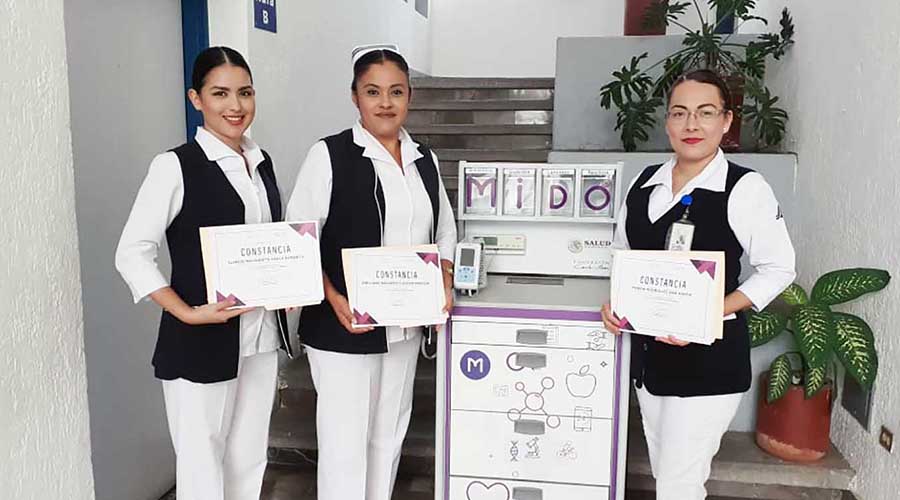The Catholic University of Chile, together with an interdisciplinary team of engineers and doctors, has created the Millennium Institute in Engineering and Artificial Intelligence for Health - iHealth.
The new institute will focus on solving problems related to diagnoses through magnetic resonance imaging. The objective of the I-Health Millennium Institute is to optimize the use of the magnetic resonator through interdisciplinary work between doctors, engineers and specialists in Artificial Intelligence (AI).
In this way, the new institute seeks to streamline diagnoses and also make the tests more accurate. “The synergy between the physics of medical imaging and AI helps us at different stages of imaging and clinical use. From the way we generate them, how we reconstruct them, and then how we can analyze them and obtain information from them”, explains Claudia Prieto, professor at the Catholic University and director of the iHealth Millennium Institute.
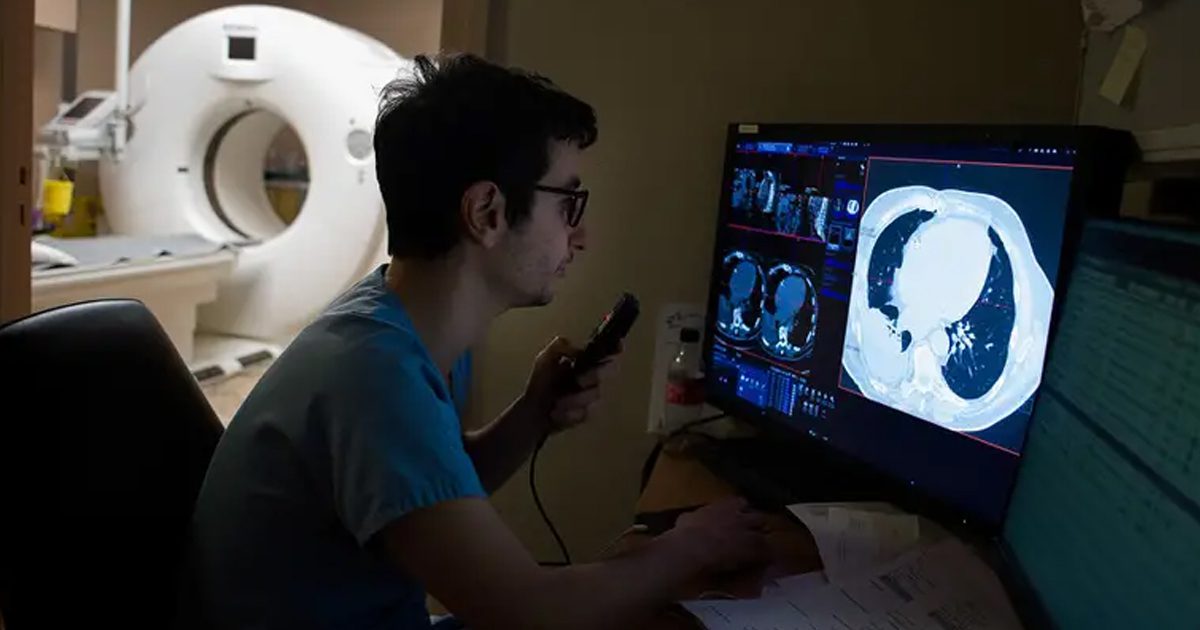
In addition, Prieto explained that by combining AI with the physics of medical imaging, it is possible to obtain more information than through traditional techniques. In this sense, the institute's specialists will develop models for combining patient information, such as physiological sensors or risk factors, in order to anticipate diseases and achieve more precise diagnoses at a lower cost and, above all, with individual care for each patient.
“To achieve these goals, we will exploit artificial intelligence techniques, but not acting as a kind of black box, but rather in combination with the information we know about the physics of medical images and, very importantly, with the experience of doctors and professionals. of health”, explained the director of the iHealth Millennium Institute.
For his part, Marcelo Andía, deputy director of the Millennium Institute iHealth, recognized the importance of the development of AI in Latin America, to generate local research at an international level. In this way, new information and new algorithms can be generated that are applied to the reality of Latin American countries.
For this reason, another of the objectives of the institute is the training of professionals and researchers, from various branches such as medicine, nursing, physics, mathematics, among others. “When you put everyone together, and from one side they tell you what their needs are and what tools are available, we can develop a new method,” explains Andía.

